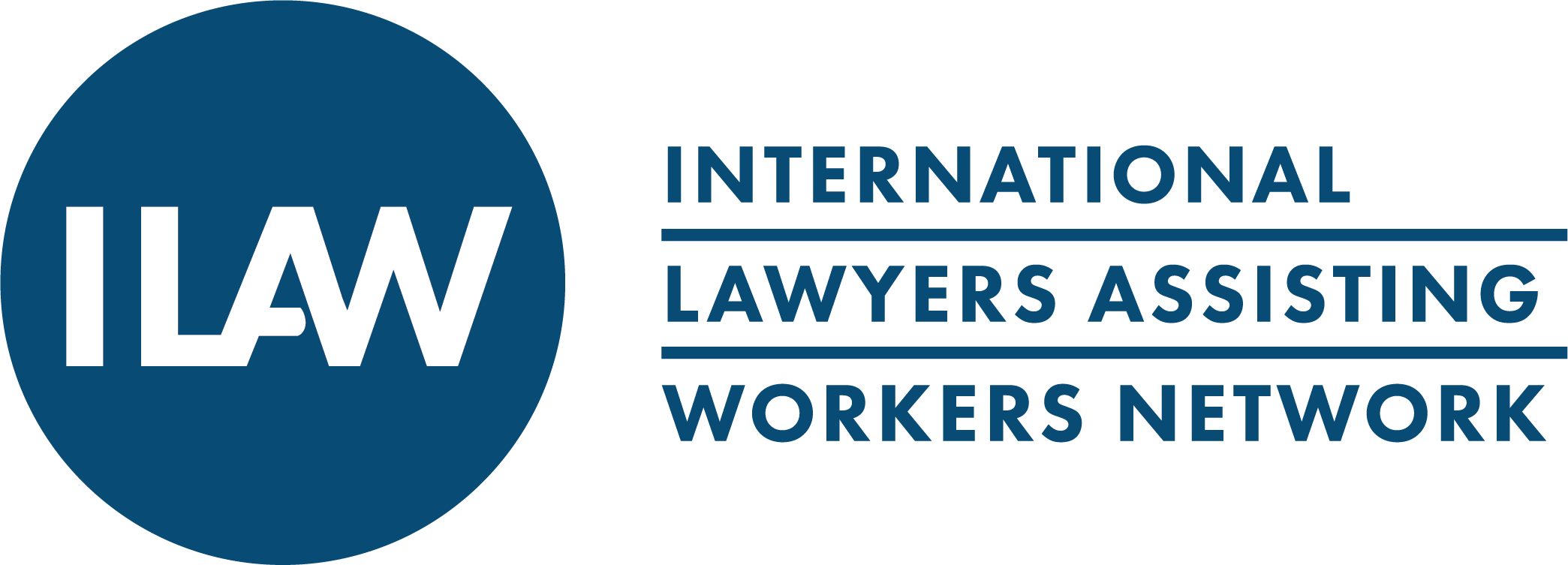This ILO report, specifically on page 5 to 8, indicates how women and men are treated differently in the garment industry in Indonesia. The wage gap between the gender exist, …
rapport
Informal Workers in Bangkok, Thailand: Scan of Four Occupational Sectors
This report provides the background and information about the Informal Economy in Thailand in 6 parts; Introduction, Livelihoods, Access to Public Services, Institutions and Actors, and Contributions of Informal Workers, …
International Arbitration of Business and Human Rights Disputes: Questions and Answers
The authors here present FAQs regarding the role of arbitration in international corporate human rights abuses, particularly as “civil and criminal courts in many parts of the world are often …
Back Pay for Trafficked Migrant Workers: An Indonesian Case Study
This article discusses how Indonesia’s legal and policy framework enables trafficked migrant workers to claim back pay of wages despite their illegal migration status. This article observes migrant workers’ rights …
THE COALITION OF LGBT ORGANISATIONS SUBMITS A REPORT ON THE CIRCUMSTANCES OF LGBT PEOPLE IN RUSSIA TO THE UN COMMITTEE ON ECONOMIC, SOCIAL AND CULTURAL RIGHTS (CESCR).
This report examines employment discrimination based on the grounds of sexual orientation and gender identity. It states that the Russian Federation claims that between 2013 and 2016 there were no …
Proceedings of the Policy Dialogue on Roles of Countries of Origin
From 20-21 July 2017, MMN organized a Policy Dialogue on Roles of Countries of Origin in Yangon, Myanmar. Representatives of the Cambodian and Myanmar governments, along with representatives from the …
Safe from the Start: The Roles of Countries of Origin in Protecting Migrants
MMN’s most recent publication focuses on the role that countries of origin should play in protecting their nationals migrating abroad from pre-departure, through overseas assistance, to return and reintegration. Through …
Supply Chain Traceability And Transparency: Shifting Industry Norms, Emerging Regulations, and Greater Interest from Civil Society
The FLA’s report introduces the necessity of supply chain management, provides various international statutory and regulatory frameworks, addresses the different stakeholders (i.e., civil society, NGOs, government agencies), and sets forth …
Suivez le fil: Le besoin de transparence de la chaîne d'approvisionnement dans l'industrie du vêtement et de la chaussure
Ce long rapport entreprend une analyse de la transparence de la chaîne d'approvisionnement - en particulier dans l'industrie du vêtement - quatre ans après l'effondrement des usines au Bangladesh et au Pakistan. Il détaille les fondements et les résultats de…
Safeguarding the Rights of Asian Migrant Workers from Home to the Workplace
This report points to the growing number of labor migrants in Asia and examines the policy question of how to best safeguard their rights. Governments and stakeholders in both origin …

International Lawyers Assisting Workers Network
c/o Solidarity Center
1130 Connecticut Ave, NW 8th Floor
Washington DC, 20036
